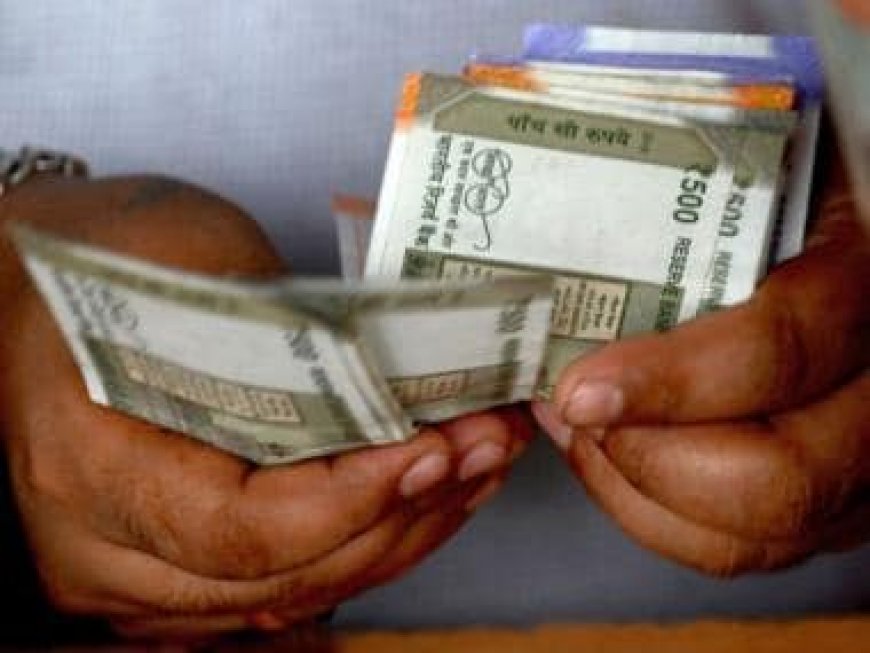Explained: The new rules for NGOs that get foreign funding
Explained: The new rules for NGOs that get foreign funding

NGOs in India pay attention. The Ministry of Home Affairs on Monday (25 September) in a late night notice has introduced changes to regulations under the Foreign Contribution Regulation Act (FCRA).
As per the Ministry of Home Affairs (MHA), the amendments have been made to bring about more transparency in the funding of NGOs.
In addition to the new rules, the MHA also decided to extend until 31 March 2024, the validity of FCRA licence of those entities, whose licences were expiring on 30 September and renewal was pending.
We take a closer look at what exactly is the FCRA and what are the new rules introduced by the Centre.
What is the FCRA?
Before we jump into the changes that have been introduced under the FCRA, here’s a simple guide to what it is.
The FCRA regulates foreign donations and ensures that such contributions do not adversely affect internal security. It was enacted during the Emergency in 1976 amid apprehensions that foreign powers were interfering in India’s affairs by pumping money into the country through independent organisations.
The law mandates that all NGOs register themselves under the FCRA and its registration is initially valid for five years and it can be renewed subsequently if they comply with all norms.
As per the FCRA, every person or NGO seeking foreign donations has to be registered under the Act and has to open a bank account in State Bank of India, Delhi. Moreover, they can utilise the funds received from abroad only for the purpose they stated during registration.
They are also required to file annual returns, and they must not transfer the funds to another NGO.
What are the new changes introduced?
The MHA on Monday introduced changes to the Foreign Contribution Regulation Rules, 2010 by inserting two clauses – (ba) details of movable assets created out of foreign contribution (as on 31 March of financial year) and (bb) details of immovable assets created out of foreign contribution (as on 31 March of financial year) – in Form FC-4.
What this means is that the Centre is now asking NGOs to furnish details of moveable and immovable assets created by them using foreign funds every year.
The new Form FC-4 asks NGOs to list their movable assets, their value at the beginning of the relevant financial year, value of assets acquired and disposed of during the financial year and their value as per the balance sheet at the end of the year.
For immovable assets, NGOs must list details of the land and buildings acquired from foreign contributions as on 31 March of the relevant financial year, their size, location and value as per the balance sheet.

Are these the only changes to FCRA?
While asking NGOs to furnish details on movable and immovable assets is a new change, the FCRA has seen modifications and amendments in the past.
In 2020, the Centre had amended the FCRA, causing much debate. It had stated that foreign contributions received by an organisation cannot be transferred to any other person or organisation unless that person or organisation is also registered to accept foreign contributions. NGOs had raised their voices against this rule, claiming that smaller organisations that work at the grassroot levels would be denied the opportunity to work in collaboration with big NGOs which have the capability of raising money.
The new rules had also reduced the use of foreign funds to meet administrative costs by NGOs to 20 per cent from the existing 50 per cent.
In 2022, the Centre also made more amendments, allowing Indians to receive up to Rs 10 lakh in a year from relatives staying abroad without informing the authorities. The earlier limit was Rs 1 lakh. In a notification, the home ministry also said if the amount exceeds, the individuals will now have 90 days to inform the government instead of 30 days earlier.
What’s the present scenario of NGOs in India?
In March of this year, the Centre told Parliament that a total of Rs 55,449 crore had been received through foreign funding by Indian NGOs in the past three years.
Giving a breakup, Minister of State for Home Nityanand Rai had said that NGOs had received Rs 16,306.04 crore in 2019-20, Rs 17,058.64 crore in 2020-21, and Rs 22,085.10 crore in 2021-22.
He added that NGOs based in Delhi received the highest amount of foreign funding at Rs 13,957.84 crore, followed by Tamil Nadu (Rs 6,803.72 crore), Karnataka (Rs 7,224.89 crore) and Maharashtra (Rs 5,555.37 crore).
According to official data, there are 16,301 NGOs in the country with valid FCRA licences as on 17 July 17.FCRA licences of more than 6,600 NGOs have been cancelled in the last five years for violation of the law. Overall, FCRA licences of 20,693 NGOs have been cancelled till date.
Just a week ago, it was reported that the Centre had cancelled the licenses of three NGOs: Save The Children, Srinivas Malliah Memorial Theatre Crafts Museum, and SEWA.
Earlier in March, the Centre had cancelled FCRA licences to Commonwealth Human Rights Initiative (CHRI), Oxfam India, Centre for Policy Research (CPR), and Centre for Equity Studies (CES).
With inputs from agencies
What's Your Reaction?


























































